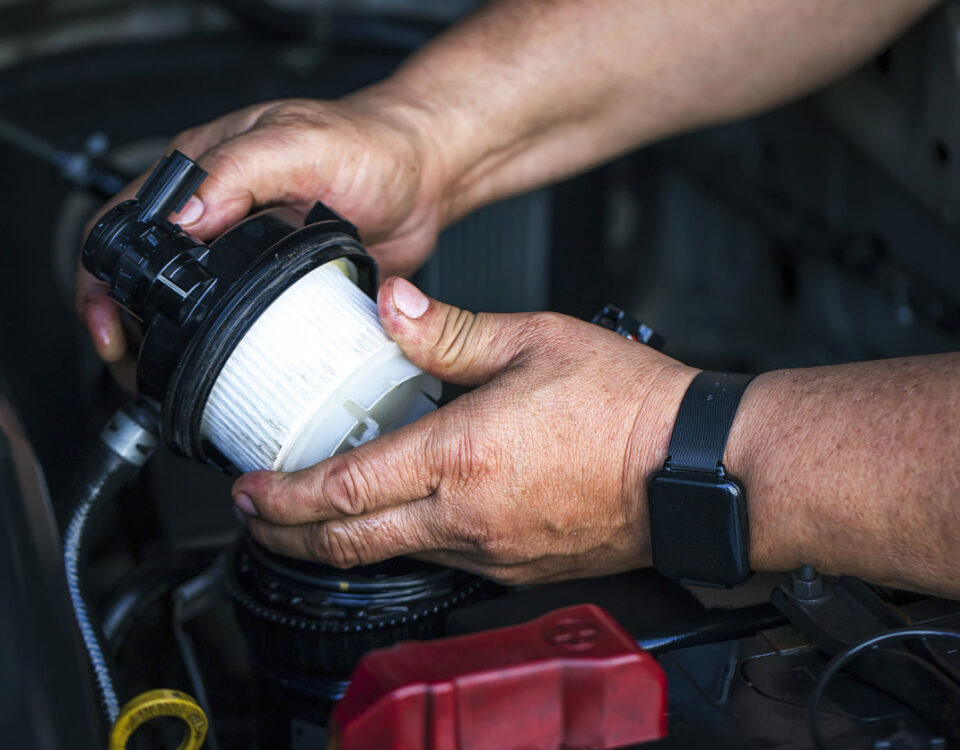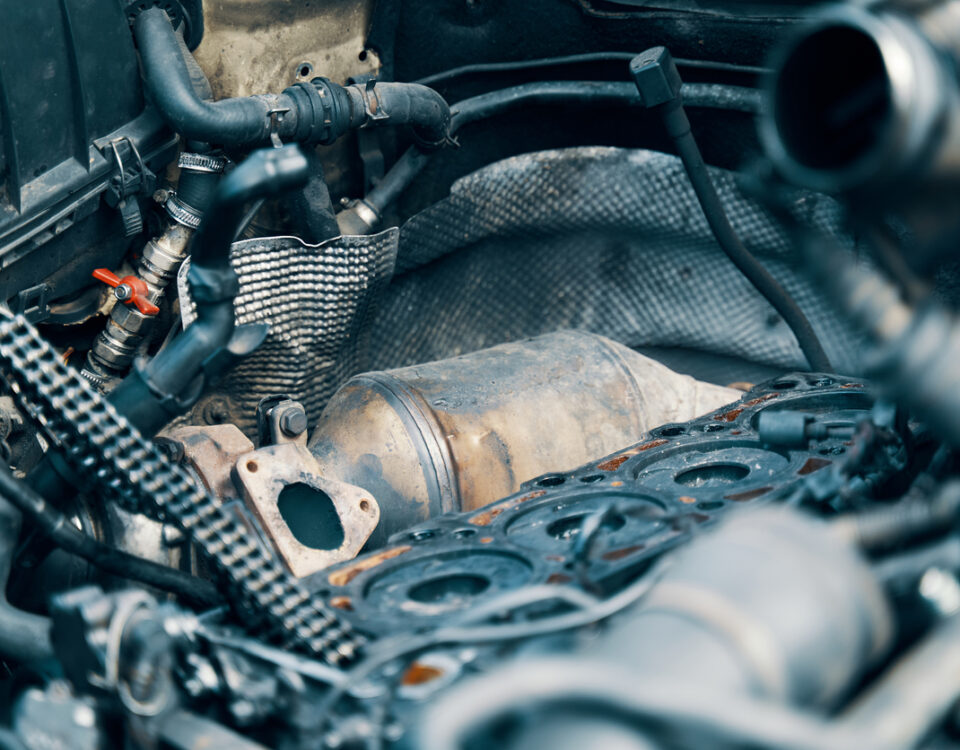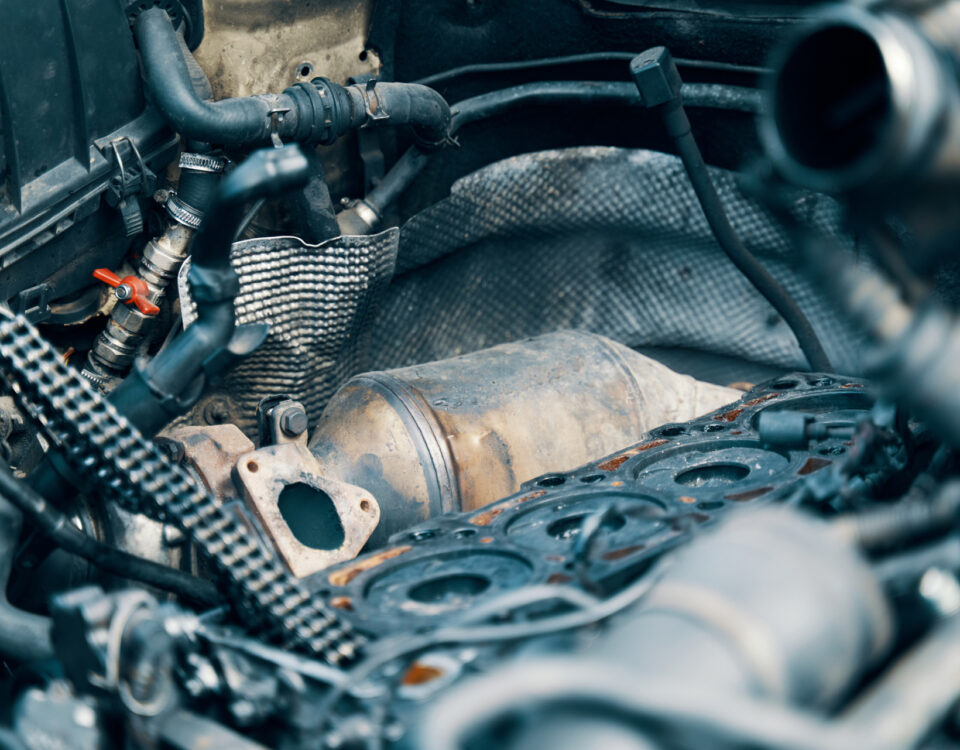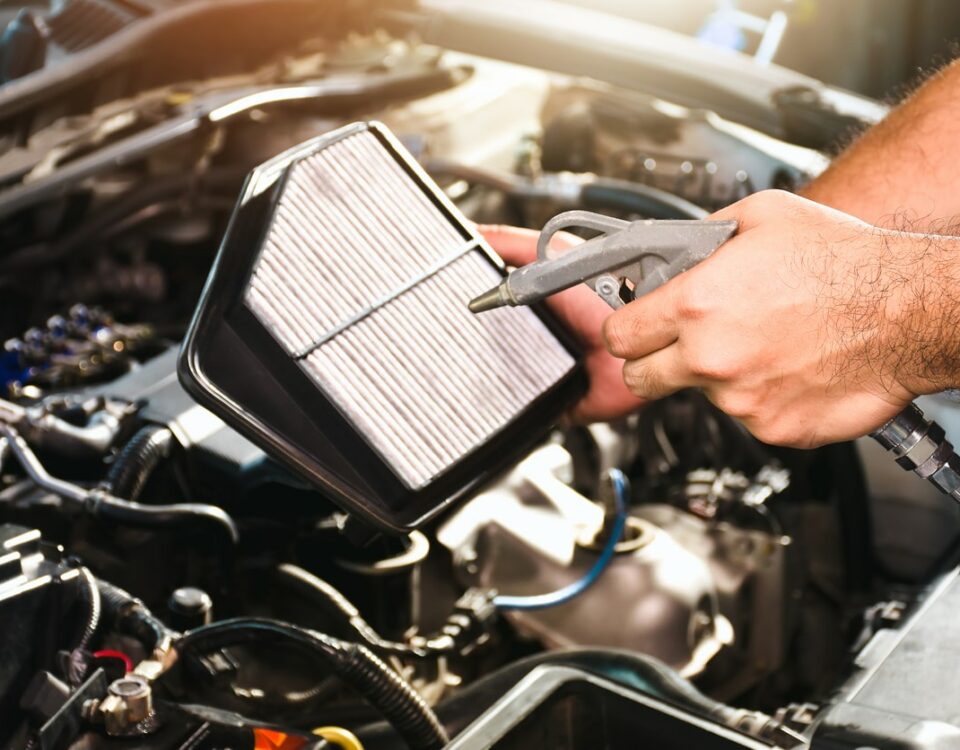Do DPF Cleaners Really Work?
What do DPF Filters do?
Diesel Particulate Filters (or DPFs for short) are filters designed to capture particulates from diesel vehicles. These descriptively named devices are fitted to the exhaust of diesel vehicles to filter out harmful pollutants and particulate matter from exhaust fumes and – with the right conditions – can function successfully for years.
DPFs may become clogged with soot over time, but there are several ways to restore them, including active regeneration, fuel additives and professional DPF cleaning UK services. If you’re concerned about the state of your DPF or want to maintain it to the best of your abilities, read on to learn more about these cleaning techniques.
Signs that your DPF is Malfunctioning:
As the diesel particulate filters are such a crucial part of exhaust systems on diesel vehicles, many safety measures and indicators will alert you when it starts to malfunction. The most immediately obvious are your engine management light and a flashing coil light on the VAG platforms, as well as the ‘limp mode’.
The so-called ‘limp-home mode’ is a reduced power mode that diesel vehicles are designed to automatically switch to when their DPFs are clogged or malfunctioning to protect their engine components. If your car activates the reduced power mode, you should seek mechanical advice or drive to a safe place as soon as possible.
Cleaning DPF Through Passive Regeneration:
Fortunately, DPFs can clean themselves over time by burning off soot that has built up within the filter, though not everyone can rely on this passive regeneration. During longer drives, your exhaust will continue to heat up until it reaches temperatures high enough to burn soot that has built up within the filter, though many motorists don’t go on long drives regularly enough to rely on passive regeneration.
Cleaning Your DPF Through Active Regeneration:
Somewhat ironically, active cleaning is a process that your diesel vehicle will carry out automatically, assuming it meets several criteria: When the soot in your exhaust reaches a certain level (typically 45% of your DPF’s total capacity), your ECU will trigger post combustion fuel injection to quickly increase the temperature of your exhaust and burn off the soot. This process typically takes around 15 minutes when driving at speeds over 40mpg.
Professional cleaning:
If all else fails, take your clogged DPF to a professional DPF cleaning UK service to remove all the soot and restore its functionality in one quick cleaning session: The mechanics there will remove the DPF from your vehicle, soak it in cleaning chemicals and manually clean it before replacing it on your car. The process typically takes between 2-3 hours, and your DPF should be working as good as new afterwards.
How Long Do DPF Cleaning Techniques Take to Work?
When it comes to cleaning your DPF filter, you have two main options – either leave your vehicle to carry out active/passive regeneration or use a DPF cleaning UK service. While garages are usually happy to provide a time estimate for DPF cleaning (typically 2-3 hours), passive and active regeneration times can vary wildly based on your vehicle, DPF condition and driving conditions.
As passive regeneration only takes place when your exhaust has heated up enough to burn off soot, you may need to drive at high speeds for several hours for it to even start. Contrastingly, active regeneration cannot be intentionally activated by the driver, as it is controlled by the onboard ECU and requires approximately 15 minutes of driving at 40mph or greater to complete, though this can vary greatly between vehicles.
Why is Professional Cleaning the Best Method for Cleaning Your DPF?
Both passive and active regeneration are techniques designed to prolong the effective life of your DPF rather than restoring it to full working order. While these techniques may ‘regenerate’ your DPF, there is no reliable way to measure how much soot they will burn off, or if they have been activated during your drive, making them unreliable and uncertain.
Furthermore, these techniques require specific conditions and long, high-speed journeys to begin, meaning that many motorists will be unable to reliably use them anyway. With a professional cleaning service, you benefit from thorough cleaning, guaranteed improvements and increased lifetime for your DPF.
Do DPF Cleaning Additives Work?
Specially formulated cleaning chemicals (otherwise known as additives) may be able to clean the soot from your DPF, though their performance and ingredients may vary. These additives promise a cheap and effective way to clear your DPF, but are these claims accurate?
What Are DPF Additives Made of?
Typically, DPF additives are sold in single-use bottles which are poured into your vehicle’s fuel tank and promise to clear soot from your DPF during normal combustion. To achieve this, additives contain Fuel Borne Catalysts (FBCs) which bind with soot particles and lower the temperature at which the soot is burned. The most common FBCs contain iron or cerium oxide which can survive the combustion process to bind with soot in your exhaust system.
Do DPF Additives Work?
DPF additives help to remove soot and blockages from your DPF at lower temperatures, promoting passive and active regeneration over shorter journeys. However, these additives are not nearly as effective as professional DPF cleaning services UK and may harm your engine over time, as they contain chemicals (like iron) which are designed to remain intact throughout the combustion process.
How Often Should I Use DPF Cleaning Services?
There is no consensus on how often you should clean your DPF filter because the variables – make and model of vehicle, driving habits, type of fuel used etc. – are too many to keep track of. Predictably, DPF additive sellers recommend you use their products as often as “every second tank of fuel”, but this almost certainly isn’t essential to keep your DPF in working order.
Many mechanics advise having your DPF cleaned every 6-9 months to keep it operating at optimal levels, though you may need to clean it more or less frequently depending on your driving habits. If your DPF is in danger of malfunctioning or wearing out, you should see a light on your dashboard, so for most people there’s no need to worry.
In Conclusion:
Diesel Particulate Filters (DPFs) are designed to reduce harmful pollution by filtering the exhausts of diesel vehicles, though they become less effective as they get clogged with soot over time. To extend the lifespan of your DPF filter, you should try to drive at high speeds on long journeys to activate passive regeneration, use special cleaning products or enlist the help of DPF cleaning UK services.



